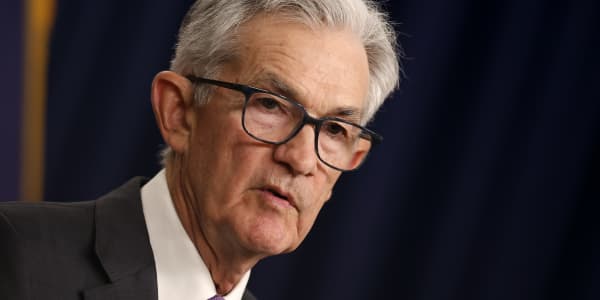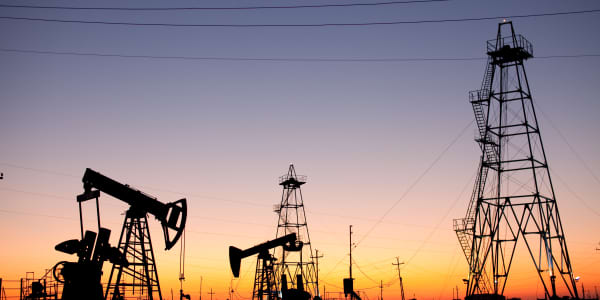This report is from today's CNBC Daily Open, our new, international markets newsletter. CNBC Daily Open brings investors up to speed on everything they need to know, no matter where they are. Like what you see? You can subscribe here.
What you need to know today
Downbeat markets
U.S. markets dipped and U.S. Treasury yields rose as investors braced themselves for the outcome of the Federal Reserve's meeting. Europe's Stoxx 600 edged down 0.04%, but major bourses in the region were mixed. Meanwhile, euro zone inflation in August was revised down slightly, from 5.3% year over year to 5.2%.
Instacart delivered
Instacart shares rose 12.3% on their first day of trading, closing at $33.70. That gives the company a valuation of just over $11 billion. At its open, Instacart popped 40% to hit $42, but pared gains as investors sold off to lock in their initial gains. The offering brought in over $420 million in cash for the company.
Huawei's not a mate
Huawei has been on a U.S. trade blacklist that prevents the Chinese company from buying American technology. So when Huawei released its Mate 60 Pro smartphone — which comes with an advanced semiconductor previously thought out of reach for Huawei — it sent shockwaves through the political and tech world. Some analysts are even calling a resurgent Huawei Apple's biggest threat in China.
'Absurd' allegations
Canadian Prime Minister Justin Trudeau told a Parliament seating Monday that the murder of Canadian Sikh community leader Hardeep Singh Nijjar in British Columbia might be linked to Indian government agents. Ottawa then expelled a top Indian diplomat; in response, India expelled a Canadian diplomat Tuesday and called the allegations "absurd and motivated."
[PRO] A revival in IPO markets?
Arm, Instacart and Kaviyo. Initial public offerings of those three firms are getting investors excited that the IPO market is returning to life after sinking to record low levels last year. But many companies are still holding off going public because of lower valuations — which is precisely what investors are looking for in today's market, CNBC Pro's Bob Pisani writes.
The bottom line
Markets were in a downbeat mood ahead of today's Federal Reserve policy decision. Major indexes closed Tuesday lower. The S&P 500 lost 0.22%, the Dow Jones Industrial Average slid 0.31% and the Nasdaq Composite fell 0.23%.
Even excitement over Instacart's debut on the Nasdaq was somewhat muted. Though the stock jumped 12.3% on its first day, its initial rally of 40% quickly fizzled out. And Arm, which fell 4.88% yesterday, is now 13% below its closing price on its first day of trading, when it surged 25%. The specter of high interest rates is still haunting the IPO market, especially for tech companies, whether startups or older companies with an established revenue stream.
The U.S. bond market slipped as well. Yields on the two-year Treasury are now at 5.092%, the highest since 2006, while it's 4.365% on the 10-year, a level not seen since 2007. (When yields rise, bond prices drop.) Still, that doesn't mean investors expect the Fed to raise rates today — they're betting there's only a 1% chance central bankers will do so, according to the CME FedWatch Tool. Rather, rising yields on rate-sensitive Treasurys are a sign investors think interest rates could go higher at the Fed's November meeting.
As Dylan Kremer, co-chief investment officer at wealth management firm Certuity, said, "What investors are looking for … is where are longer term expectations: Where is that terminal rate."
There was a bright spot amid the gloominess yesterday. Oil prices finally took a breather and dipped slightly. West Texas Intermediate prices fell 0.31% and November contracts for Brent slipped 0.1%, breaking a three-day winning streak for both.
And analysts don't expect spikes in oil prices to affect rate decisions. Simon MacAdam, senior global economist at Capital Economics, doesn't think oil will cause "a sustained rebound inflation" or "cause central banks in advanced economies to respond with interest rate hikes."
But hikes aren't off the table, MacAdam warns. If oil prices continue rising against "a backdrop of resilient activity and rising inflation expectations," central banks might spring into action. In less than 24 hours, we'll see if the Fed shares the same sentiment.





